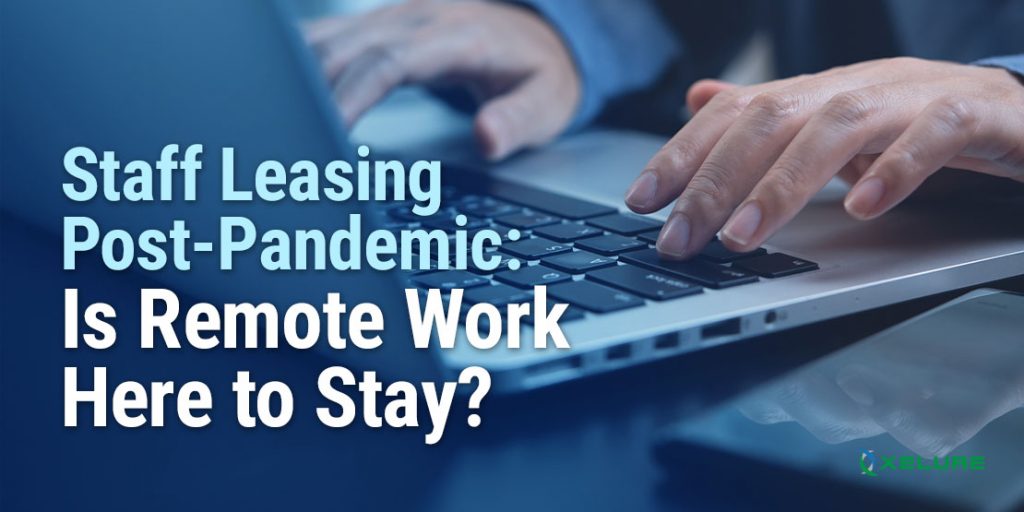What is RCEP?
Last November 16, amid a Global Health Emergency the Philippines signed on to the Regional Comprehensive Economic Partnership Agreement or RCEP. This deal includes all ASEAN members– the Philippines, Indonesia, Thailand, Singapore, Malaysia, Vietnam, Cambodia, Laos, Myanmar and Brunei — and trading partners China, Japan, South Korea, Australia and New Zealand. This deal is touted to be the largest global trading block.
The deal promises to be modern, comprehensive, high-quality, and mutually beneficial for each of the fifteen countries. This modern trade deal advances agreements covered by the World Trade Organization and It is comprehensive as it includes a wide variety of issues not previously covered in the ASEAN plus-one Free Trade agreements. The agreement has four key chapters to pay attention to on investment, intellectual property, telecommunication services, and professional services. RCEP is deemed high-quality in that it goes beyond previous FTAs while recognizing diversity in development and economic needs. The Agreement is mutually beneficial, as it brings together nations with diverse levels of development—it can stimulate economic development especially since it facilitates the porous boundaries of trade among these nations.

What does this imply for the outsourcing industry?
...This deal promotes security for companies wanting to do business in the South-East Asian region since it secures important regulatory frameworks to protect the integrity of doing business, promotes greater trade liberalization, and competition. The Philippines has a head start in the outsourcing space, and this agreement will escalate the growth of that sector...
The RCEP is expected to facilitate trade in services and for the outsourcing world, this means greater trade and investment in human resources. We may see a rise in investments in offshoring in the region, not just internally but as a porous group of countries with the rest of the world. While it eases trade in services it also secures corporate intellectual property and regulates telecommunications and e-commerce. This allays fears associated with cybersecurity and the infringement of intellectual property for firms outsourcing their businesses especially in the South-East Asian region.

More specifically, the opportunities for outsourcing programmers and engineers are bright as the deal can help connect these talents to the demand in other Asian economies like Japan, South Korea, and China. It is also expected to trigger improvements in the telecommunications industry as it can encourage the entry of more competition in the traditionally captured Philippine market.
As more and more firms are operating in the cloud, this deal is framing regulations of the digital field to ensure that business operation remain secure—a move set to be ahead of the curve in terms of 21st century trade agreements. This mix of facilitation and regulation is expected to boost business confidence with the South-East Asian region and other members of the trading bloc. It is signaling to the world that RCEP members are ready for business.
The RCEP agreement completed in November came when the region was in the heart of the pandemic’s economic decline. It may now signal the start of recovery for the region. The RCEP may ride on the strength of the outsourcing industry in the region as remote working becomes the Next Normal. The Philippine BPO sector’s which initially took a hit as Call Centers offices were closing have recovered given the robust fundamentals—from internet infrastructure allowing employees to work from home to government policies to facilitate remote working, which puts it at an advantage in the region. South East Asia is open for business and is ready for more opportunities for growth.






